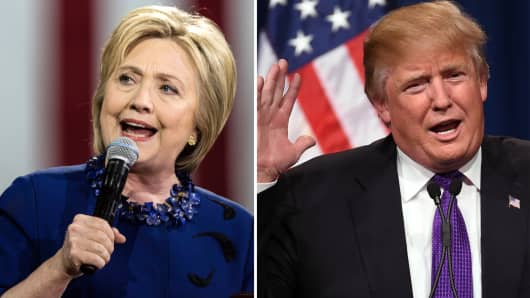If you want to alienate people, start talking about controversial topics like abortion rights, immigration, affirmative action and labor unions — all topics the next U.S. Supreme Court will decide on.
Those fiery issues don't make for great dinner conversations, but for politicians, they are the bread and butter for votes. Nothing gets people to the polls faster than a hot button issue that angers them.






